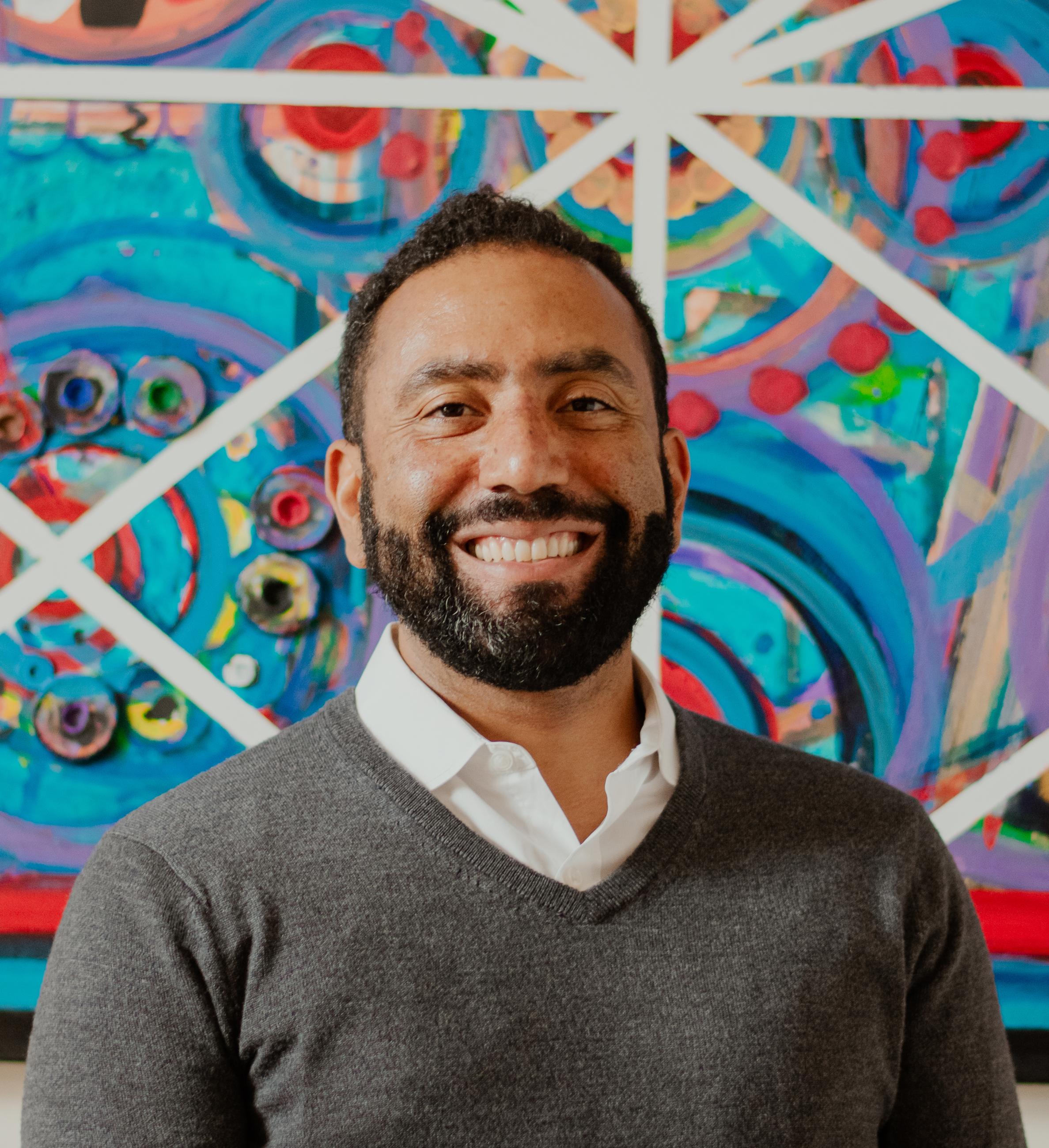
UC Berkeley’s Aaron Streets, associate professor of bioengineering, computational biology and biophysics, has been named to Popular Science’s Brilliant 10, a list honoring trailblazing early-career scientists and engineers who are tackling pressing challenges with innovative solutions.
The publication noted Streets’ contributions to the Human Cell Atlas, an international research effort to catalog the types and properties of all cells found in the human body. This project aims to provide unprecedented insights into how the human body functions across ages and diverse global populations and to identify new pathways for monitoring health and treating disease.
In collaboration with Berkeley’s Nir Yosef, associate professor of electrical engineering and computer sciences, Streets’ lab created totalVI (Total Variational Inference), a computer algorithm that uses deep learning to integrate gene datasets and protein datasets from single cells. totalVI provides a system for managing and analyzing complex data, which is vital for enabling large-scale collaborative research initiatives like the Human Cell Atlas.
Streets’ research is distinguished by an approach that draws on mathematics, physics and engineering to develop novel tools for precision measurement of biological systems. In another example of such work, Popular Science cited Streets’ 2022 paper in Nature Methods on new technology that maps protein-DNA interactions with single molecule resolution and helps researchers understand how cells read their genome, especially in regions that have been difficult to study.
A faculty member in the Department of Bioengineering since 2016 and a core member of the Biophysics Program and the Center for Computational Biology, Streets completed his undergraduate studies at UCLA, earning bachelor’s degrees in art and physics in 2004. He is a Chan Zuckerberg Biohub Investigator and a Pew Biomedical Scholar, and he has received honors including the UC Bioengineering Systemwide Shu Chien Early Career Award and the National Science Foundation's CAREER Award, which supports early-career faculty demonstrating the potential for a lifetime of leadership in research and education.
Streets co-founded the Next Generation Faculty Symposium, a program that provides mentorship to junior scientists and seeks to increase the diversity and quality of faculty applicant pools in the quantitative biological and biomedical sciences at UC Berkeley, Stanford University and UC San Francisco.
